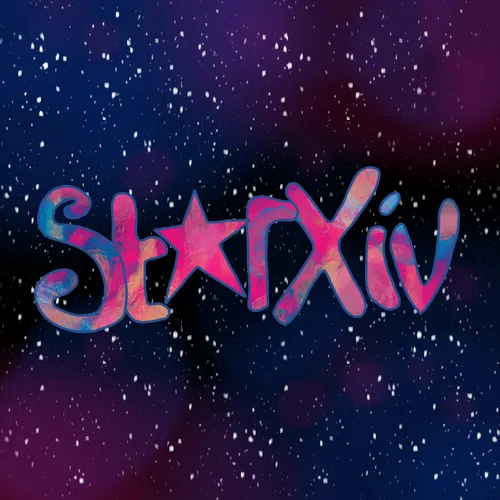
StarXiv: a podcast discussing the latest astronomy papers
Hello! Welcome to the StarXiv, hosted by Dr Michelle Collins and Dr Payel Das. This is a biweekly podcast that delves into the latest astronomy papers & results from the arXiv. Michelle and Payel are astronomers at the University of Surrey. They love research, but struggle to find time to read a lot of papers. They’re hoping this podcast fixes that. The beautiful logo is designed by Izzy Gray, a PhD student currently studying at the University of Surrey.
- Update frequency
- every 13 days
- Average duration
- 35 minutes
- Episodes
- 19
- Years Active
- 2024 - 2025
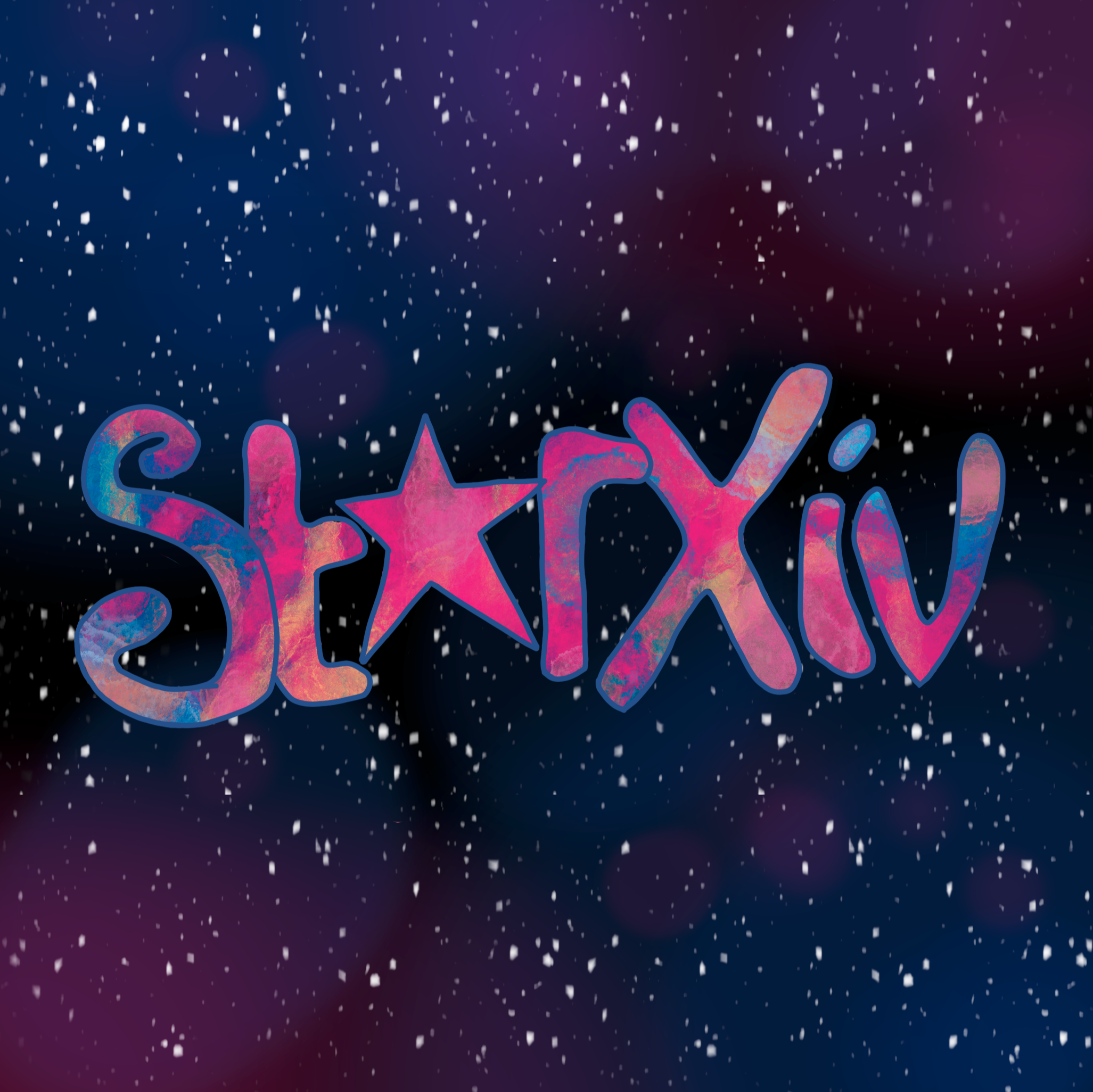
Episode 19 - Peering into the Local Universe, distant black holes, forming planets and alien signatures
This episode, Michelle and Payel reunite to discuss the chemistry of nearby M-dwarf stars, where the majority of stars form in the Milky Way, whether giant planets naturally form at large distances f…
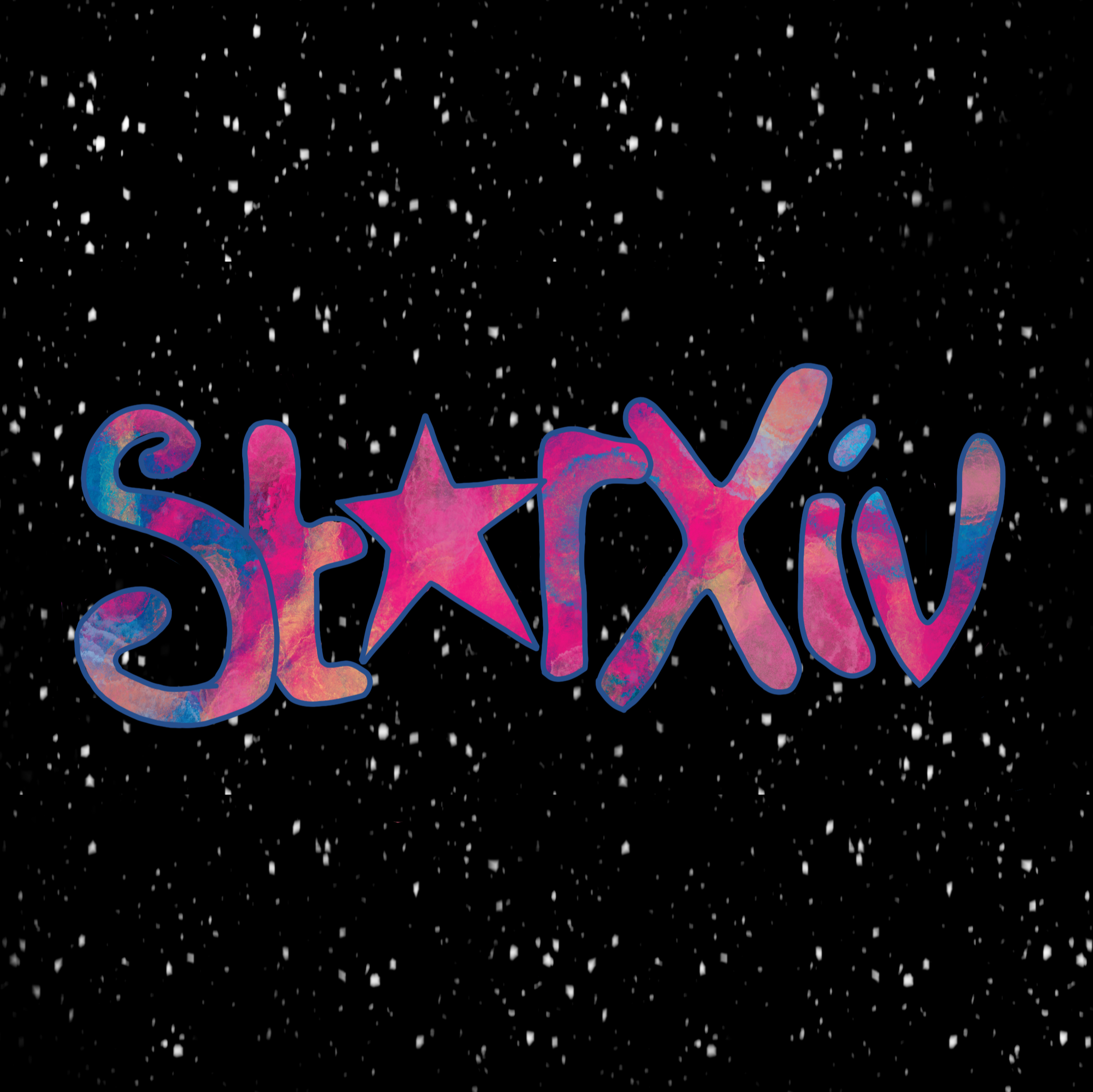
Episode 18 - disks, disks and more disks!
In this episode, Michelle and Nicole dissect 5 papers, and accidentally find a common theme: disks! Whether in low mass galaxies, giant low surface brightness galaxies, the rotation curves of spirals…

Episode 17 - detecting dark matter, unusual black holes and speedy stars
In this episode, Michelle and Payel discuss the claimed detection of a starless dark matter subhalo, speedy, puffy white dwarfs, super massive black holes and how to form and grow them, smaller black…
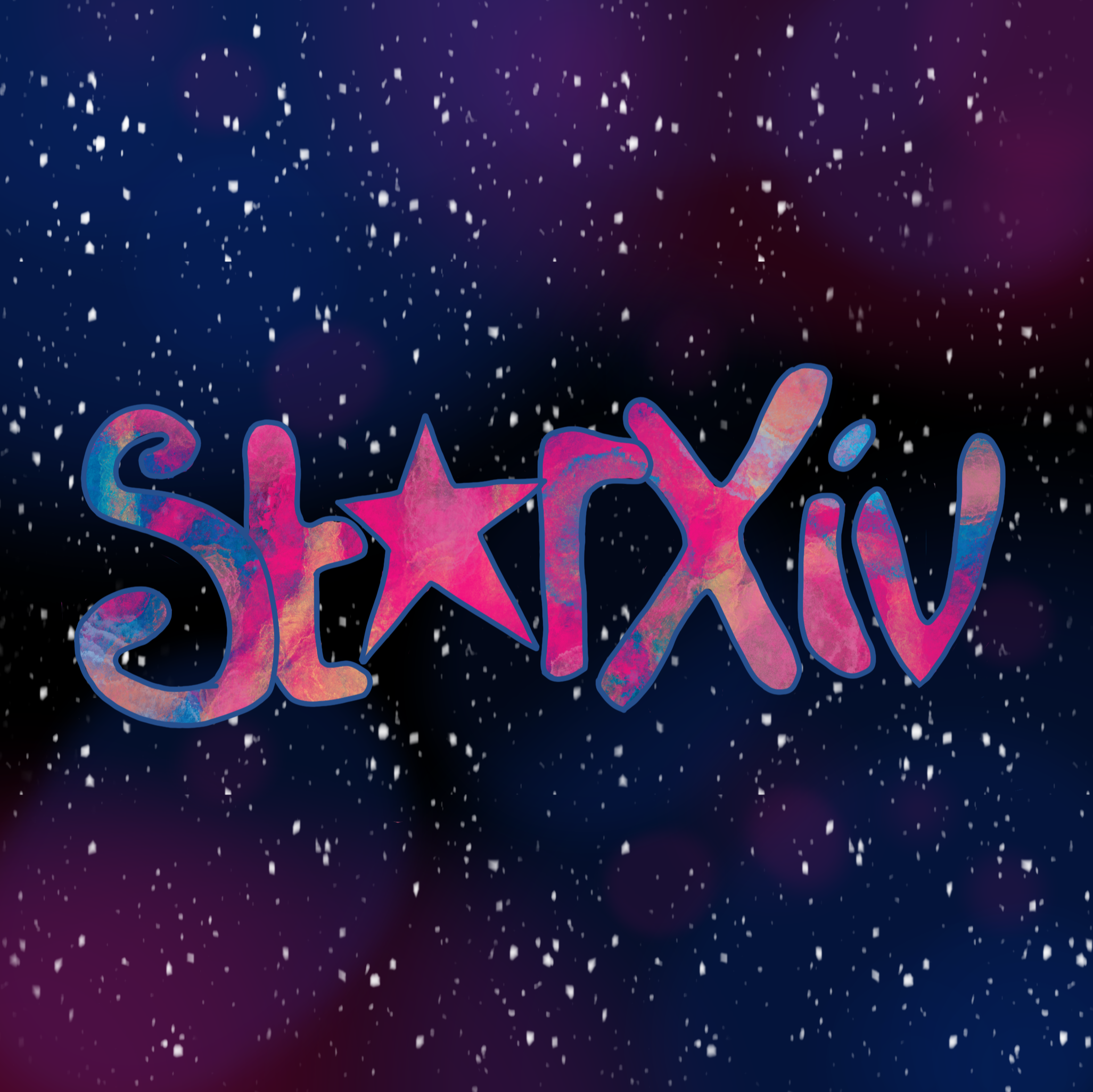
Episode 16 - interstellar visitors, molten planets and faint, dark galaxies
In this episode, Michelle and Payel squash in more papers than ever, as Michelle delves into a flurry of papers about new newly discovered interstellar comet: 3I/ATLAS. They also discuss what sets th…
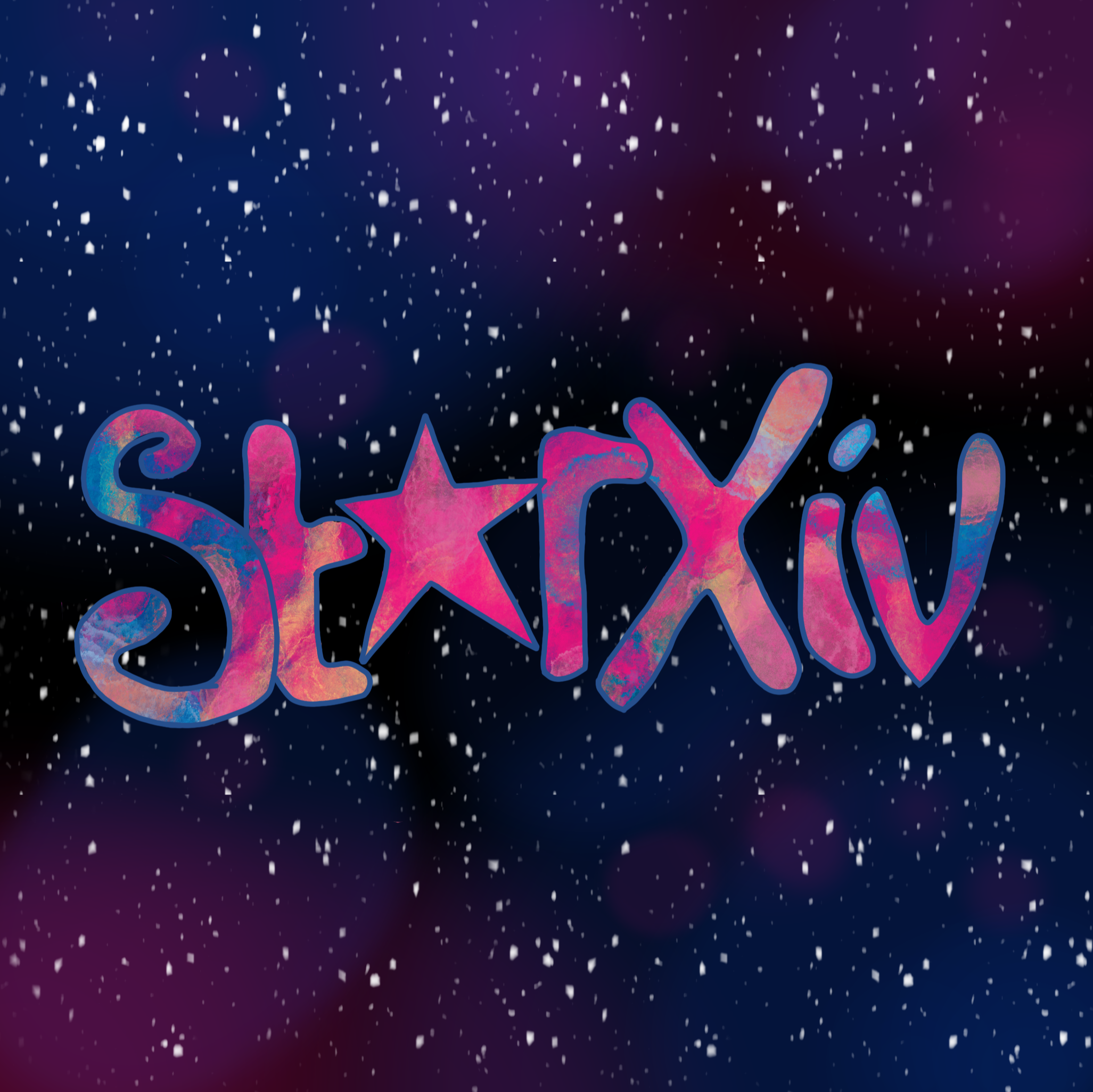
Episode 15 – Flare-inducing planets, avoiding catastrophe, and accreted star clusters
This episode, Michelle is back and she and Payel discuss long period pulsars, population III galaxies, latent variables in Galactic archaeology, accreted globular clusters, planets that cause their s…
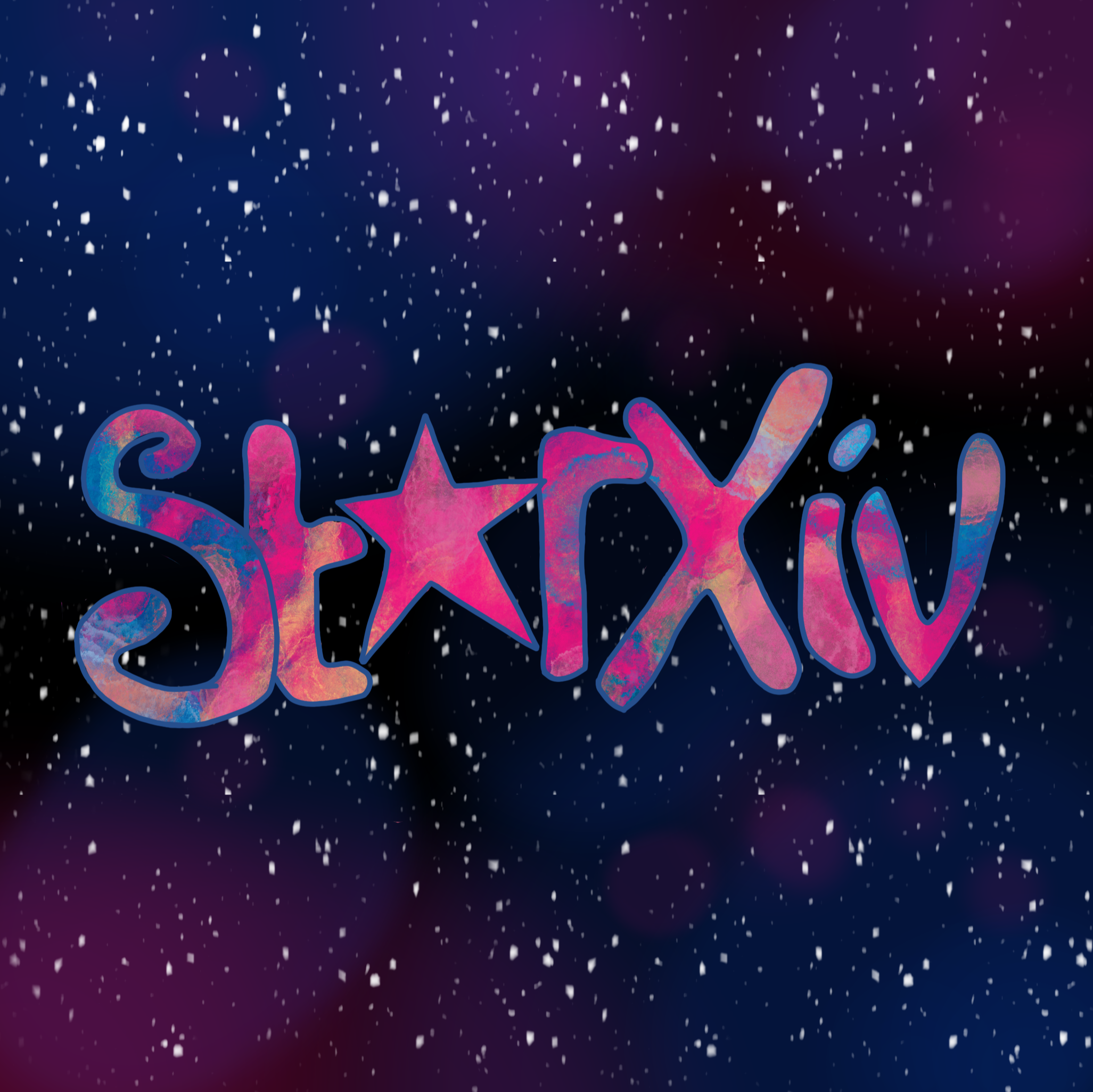
Episode 14 - A cosmic owl, misaligned planetary systems, and the Milky Way as an outlier
In this episode, we had Payel and Nicole filling in for Michelle who’s away on holiday. Nicole is a PhD student, also at the University of Surrey Astrophysics research group. They discuss the direct …
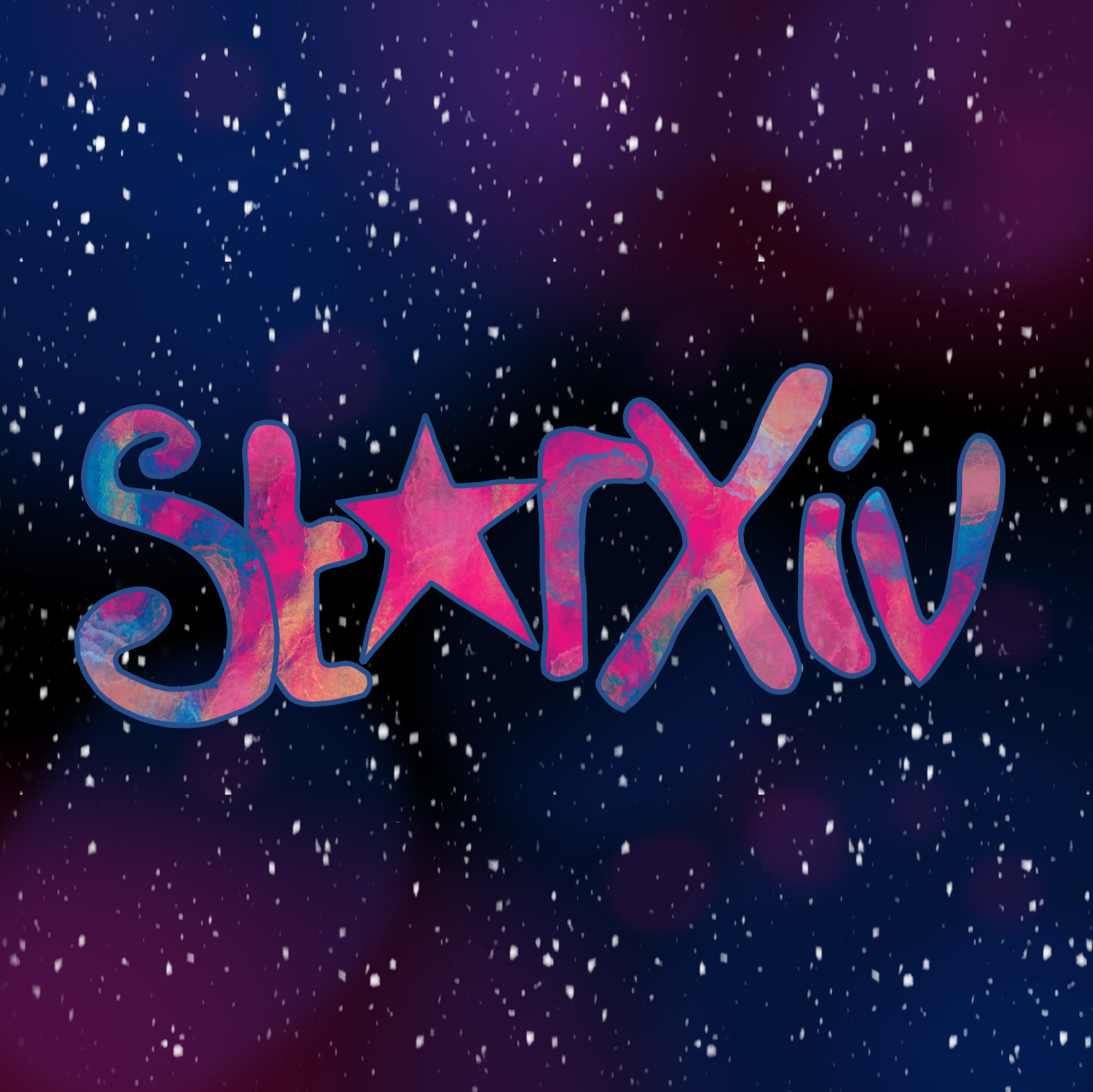
Episode 13 - Missing Europium, Pluto's craters, 43,000 Goblins and some Pop III stars
In this episode, Michelle and Payel discuss why dark matter halos have a Universal density profile, how to age-date Pluto's surface with craters, delayed Pop III star formation, dwarf candidates in t…
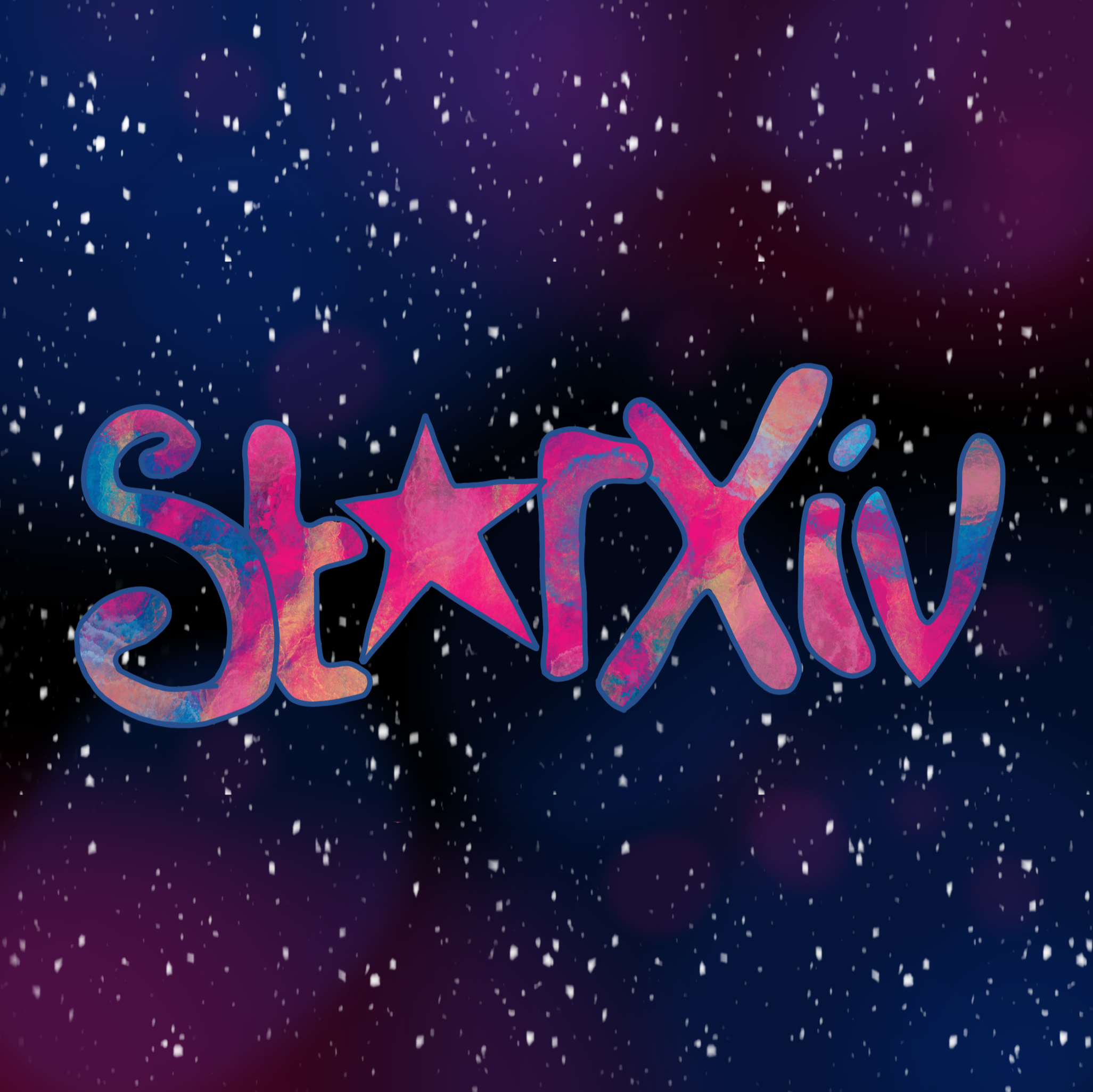
Episode 12 - Signs of life, little red dots and the links between star clusters and high redshift galaxies
This episode, Michelle and Payel are very on-theme as they discuss whether Little Red Dots can be explained by super Eddington accretion; the high abundances of nitrogen to oxygen in the most distant…
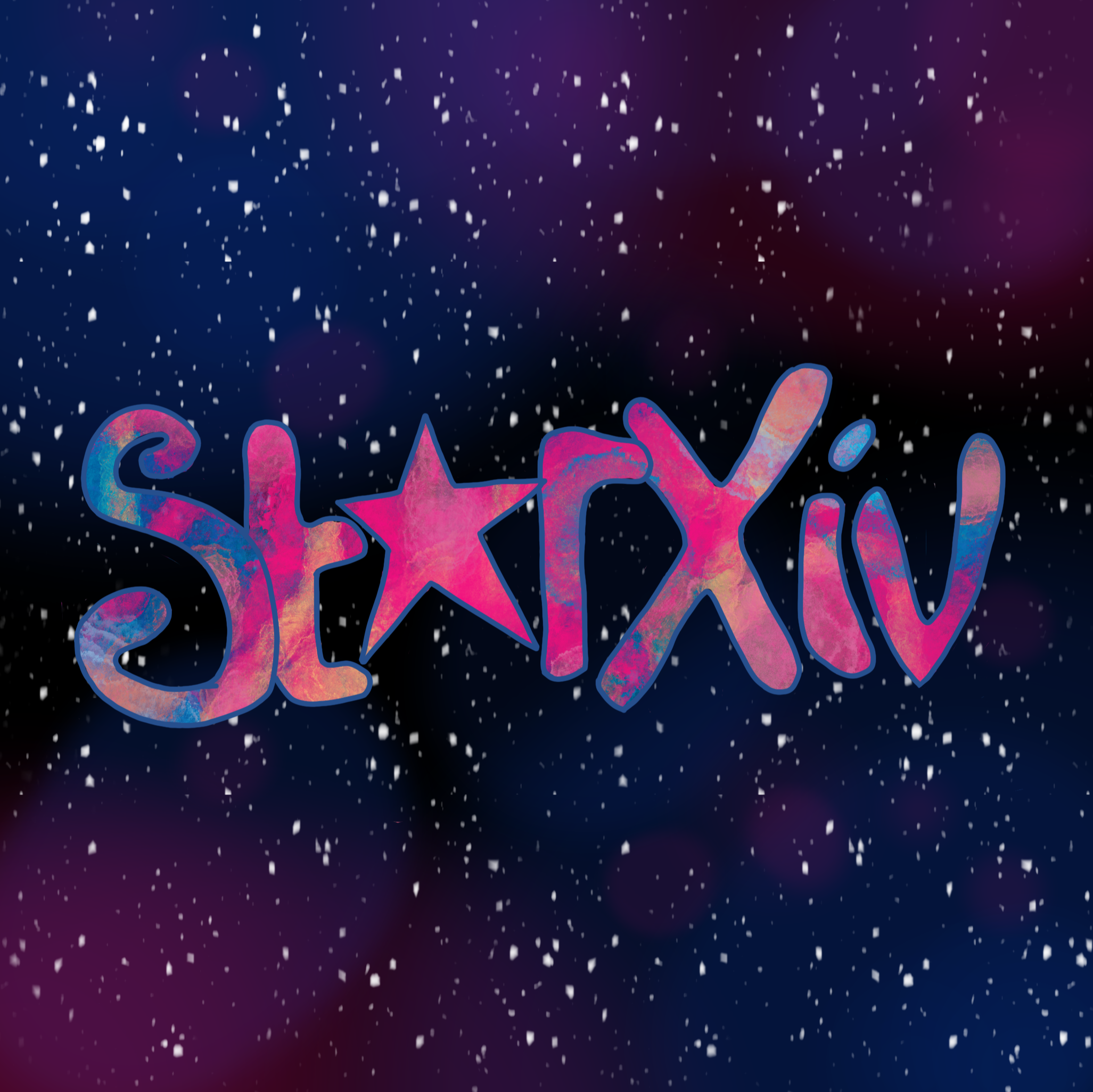
Episode 11 - Whirling planes, wandering black holes and alien supernovae
In this episode, Michelle and Payel discuss whether wandering intermediate black holes are mythical or not, how planes of satellites may form from cosmic accretion, how to form double hot Jupiters, w…
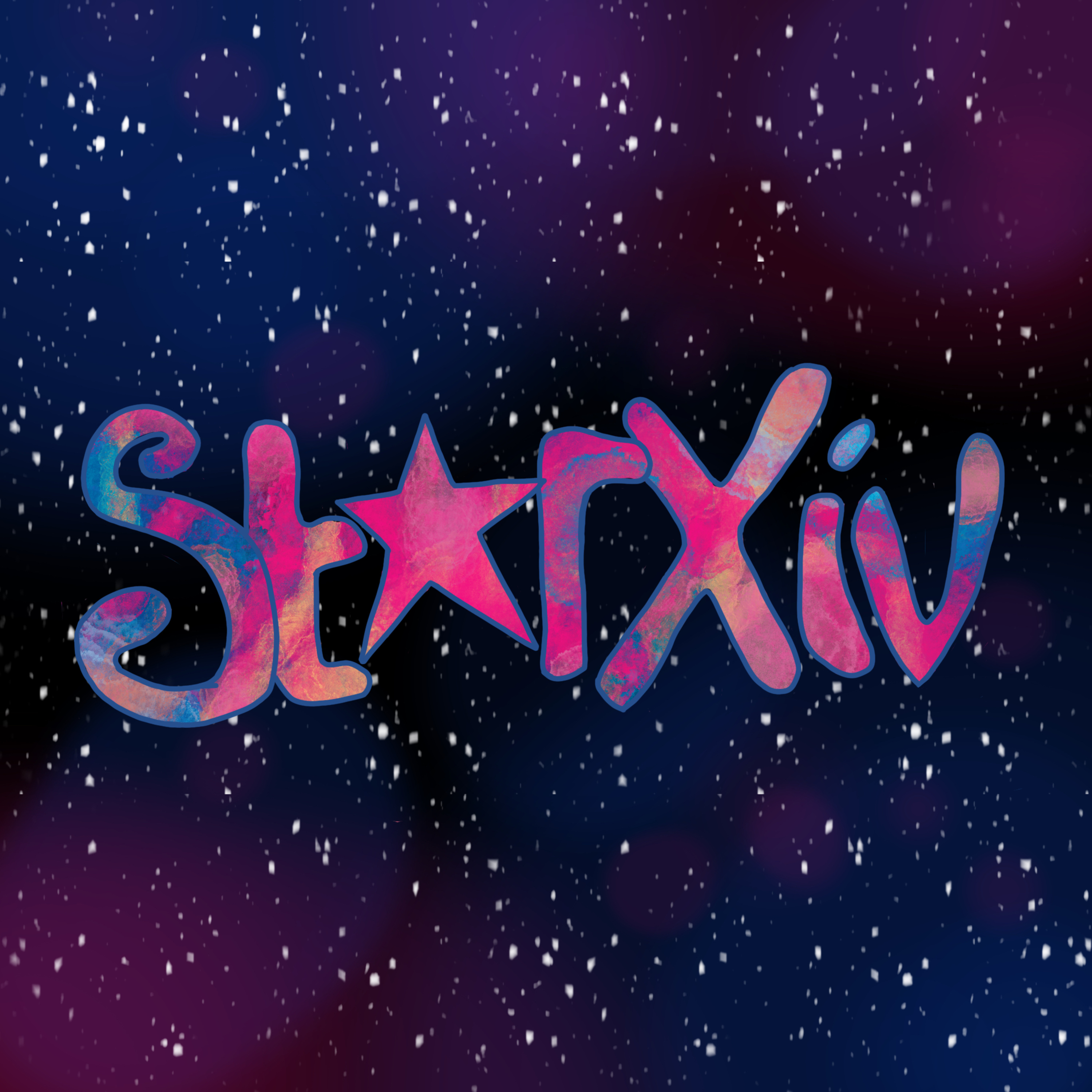
Episode 10 - Mixing dark matter, surviving black holes and hunting for planets
This episode, Michelle and Payel delve into the latest constraints on mixed dark matter from the Lyman alpha forest, what happens to stars that get a little too close to a black hole, how machine lea…
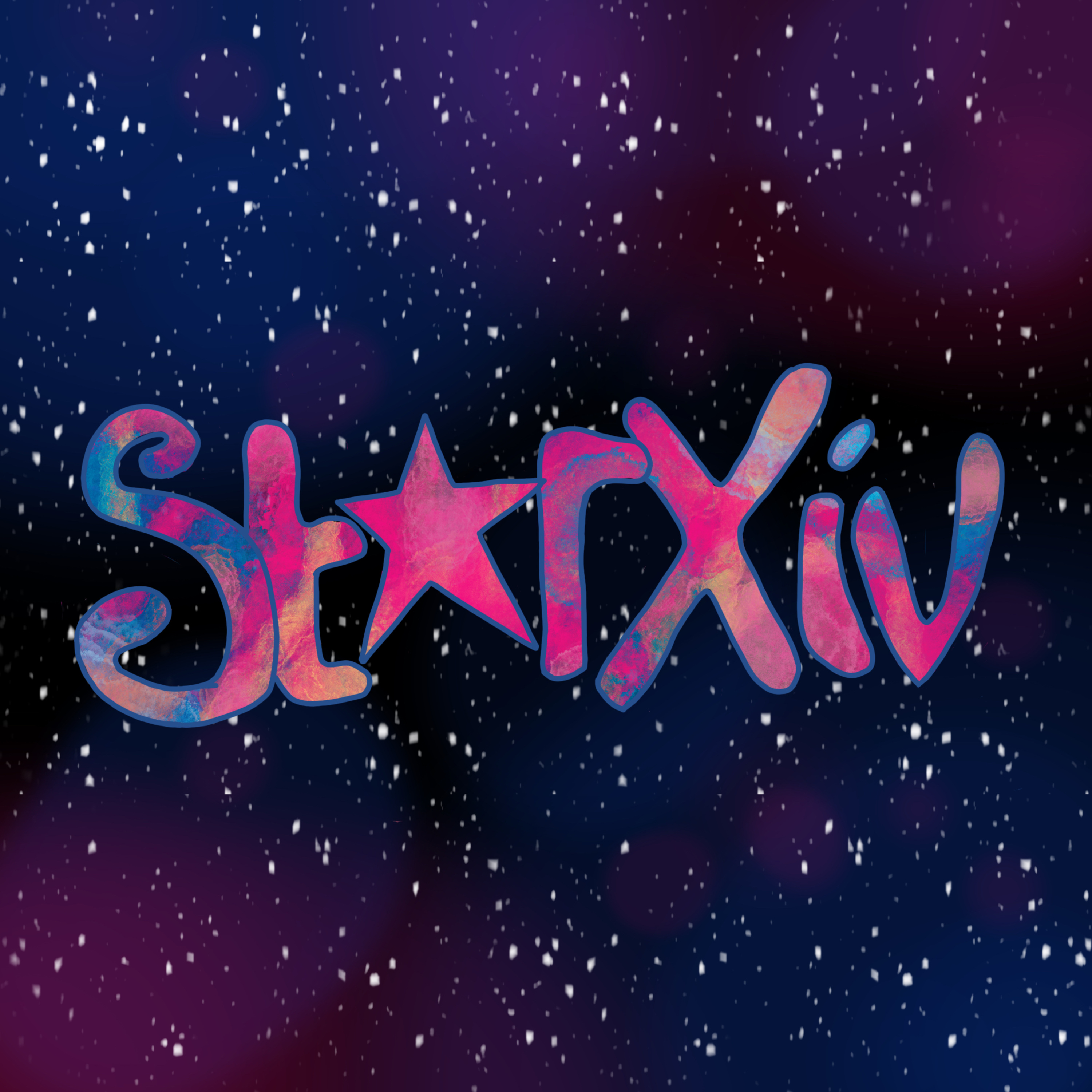
Episode 9 – Slowing bars, growing black holes, pasta sauces and AI
In this episode, Payel and Michelle discuss how you can slow down a galaxy’s bar, scaling relations for black holes, whether we can use intracluster light to learn about dark matter, little red dots,…
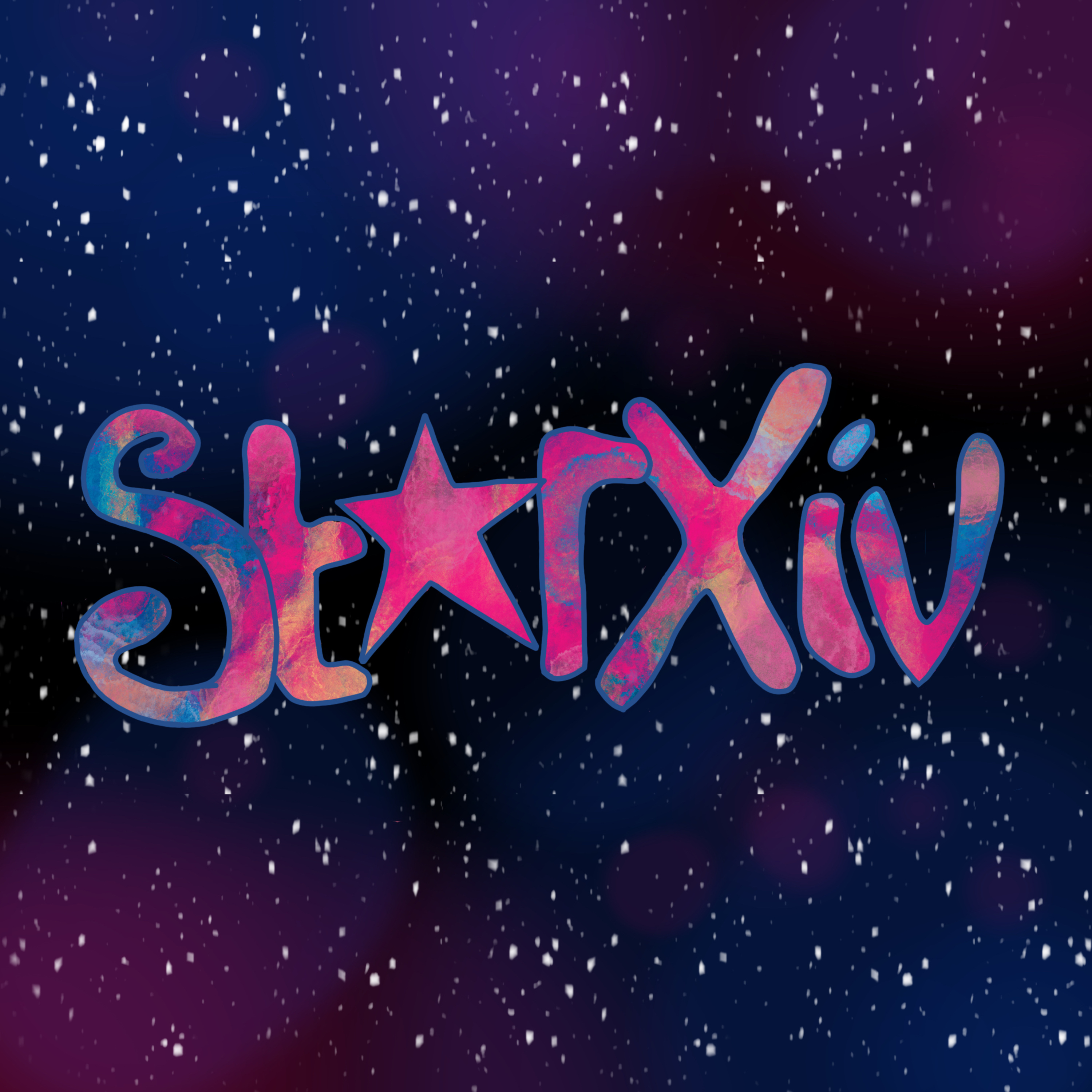
Episode 8 – Cosmology, pulsars and dark matter in disk galaxies
In this episode, Payel and Michelle discuss the longest period pulsar, the formation of nuclear star clusters, the recent data releases from ACT and DESI, dark spiral arms and the problem with rotati…
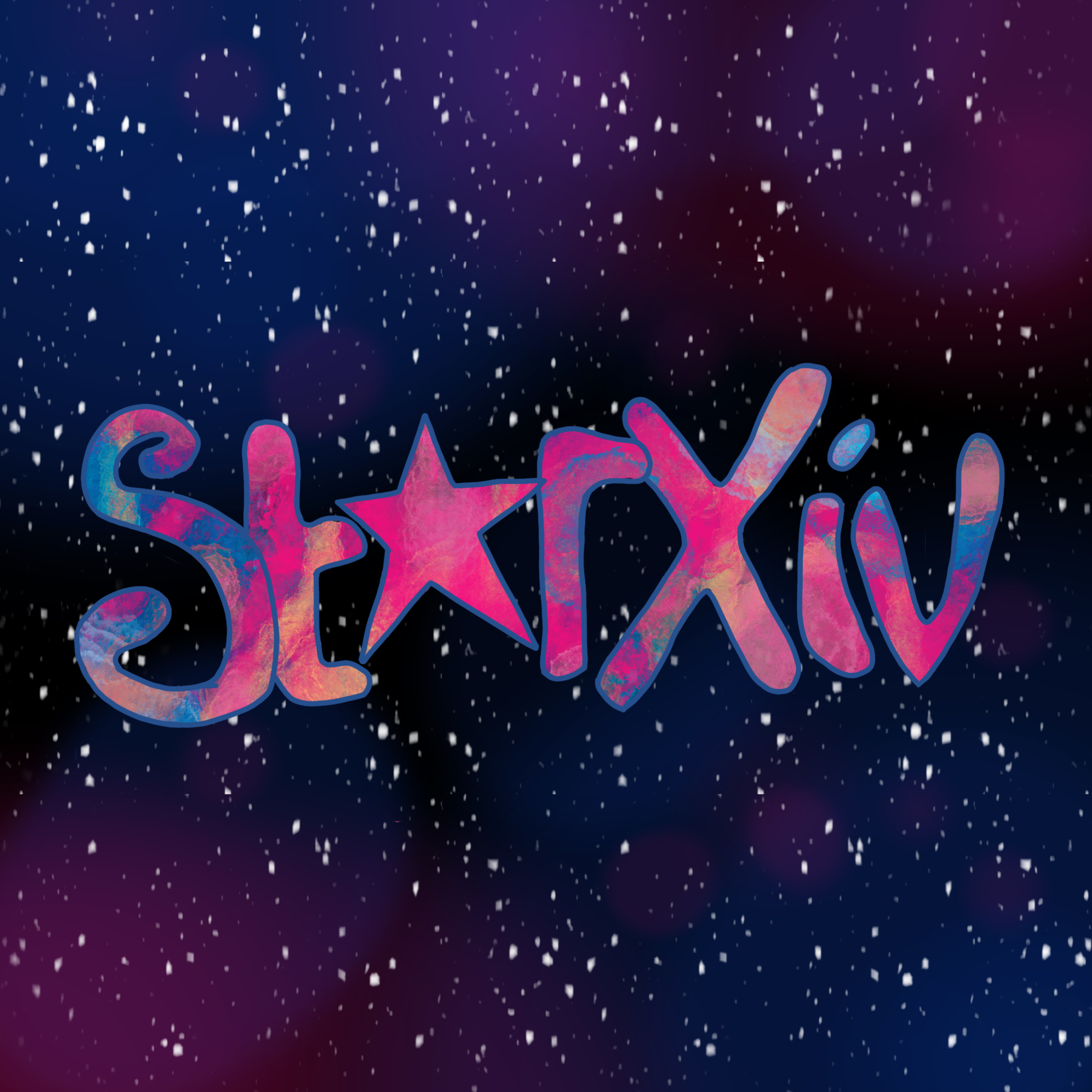
Episode 7 - Black holes, stealthy satellites and the distance to DF2
In this episode of The Starxiv, Michelle and Payel discuss a revised distance for the controversial ultra-diffuse galaxy, DF2; a discovery of a supermassive black hole in an ultra compact dwarf; 2 ga…
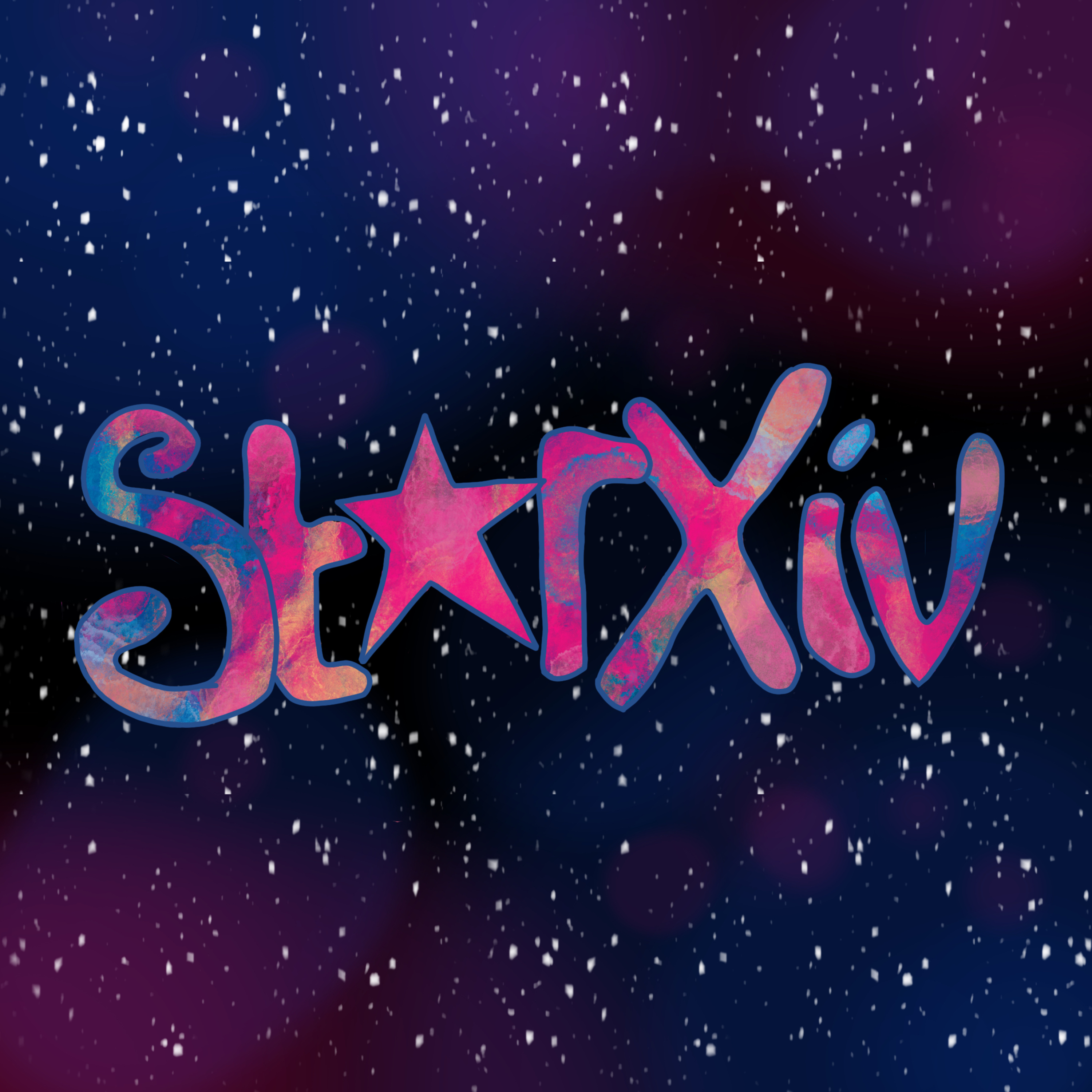
Episode 6 - Einstein rings, black holes, and ringed galaxies
In this episode, Payel and Michelle delve into the arXiv and discuss standard sirens, gravitational lenses, a very metal poor stellar stream and a cosmic bullseye!
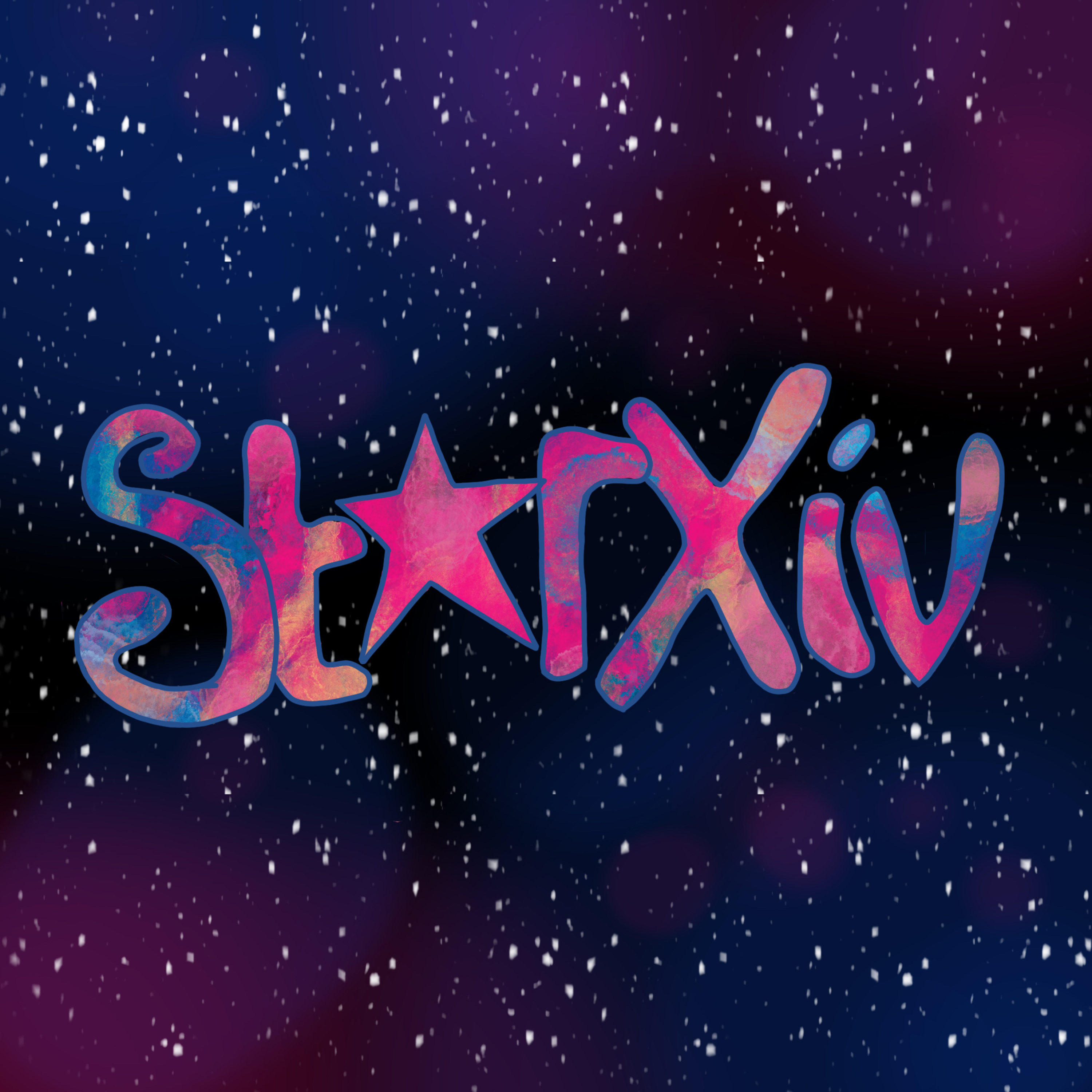
Episode 5 - Galaxies, gas accretion, and aliens
Arriving in your ears on February 10th, our latest installment includes transfer learning to detect low surface brightness galaxies, hot and cold gas accretion, an unusual finding in a filament, deta…
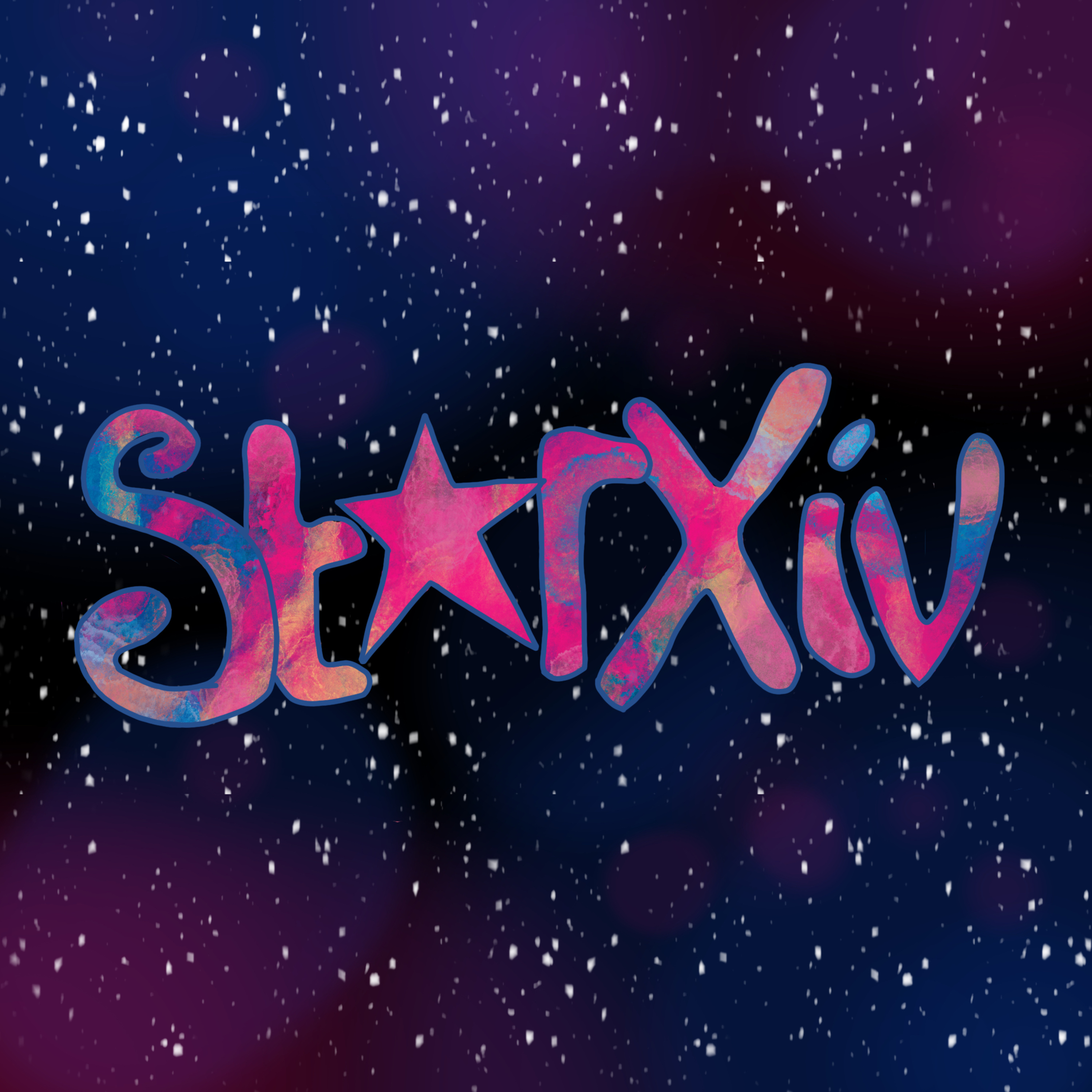
Episode 4 - January
In this month’s edition, Michelle and Payel dive into the New Year with papers on machine learning, star formation in low mass galaxies and working out just how early in the Universe planets can form…
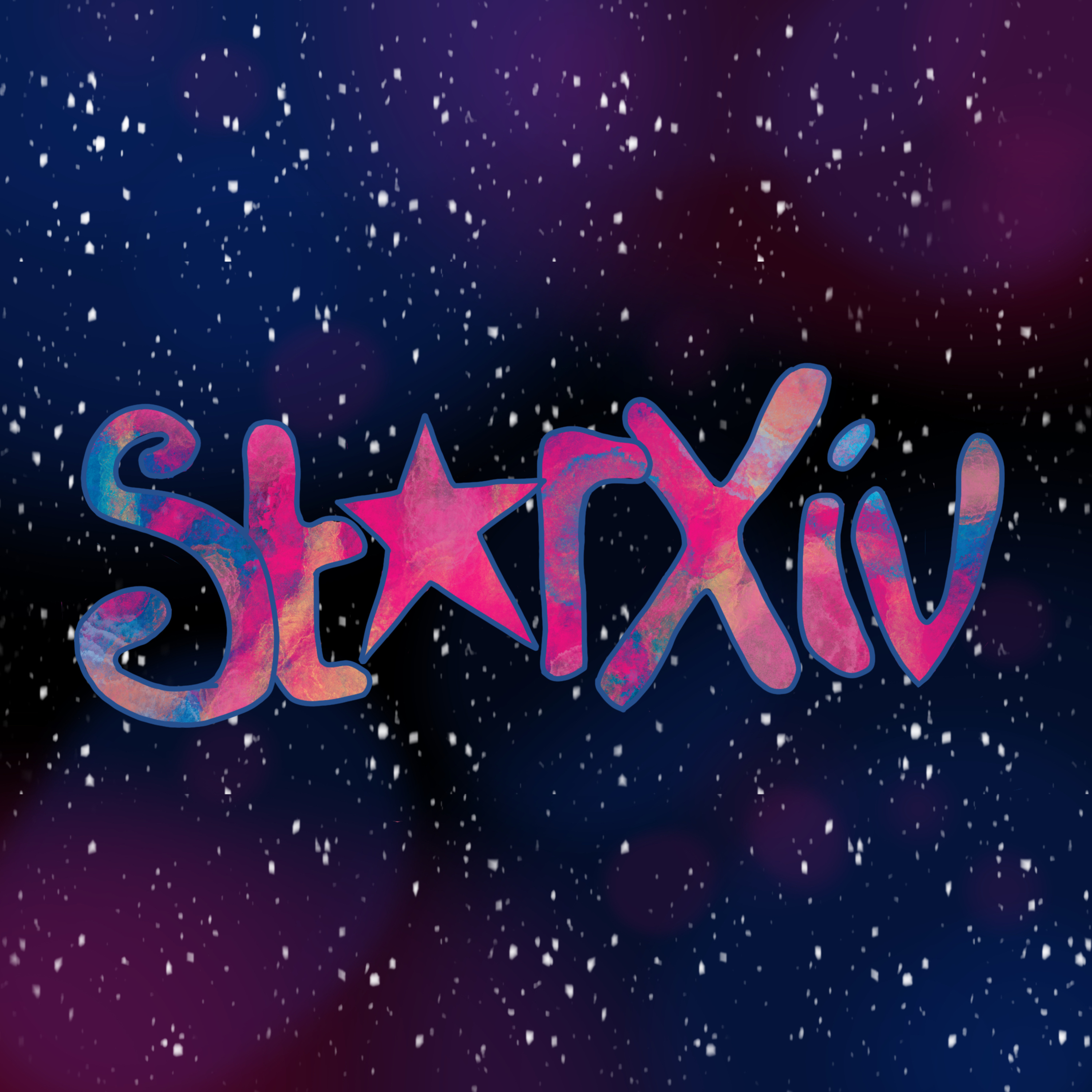
Episode 3 - December
In this episode, Payel and Michelle discuss six papers covering topics like ultra-diffuse galaxies, the Omega Centauri cluster, and insights from JWST. The extended podcast aims to explore diverse re…
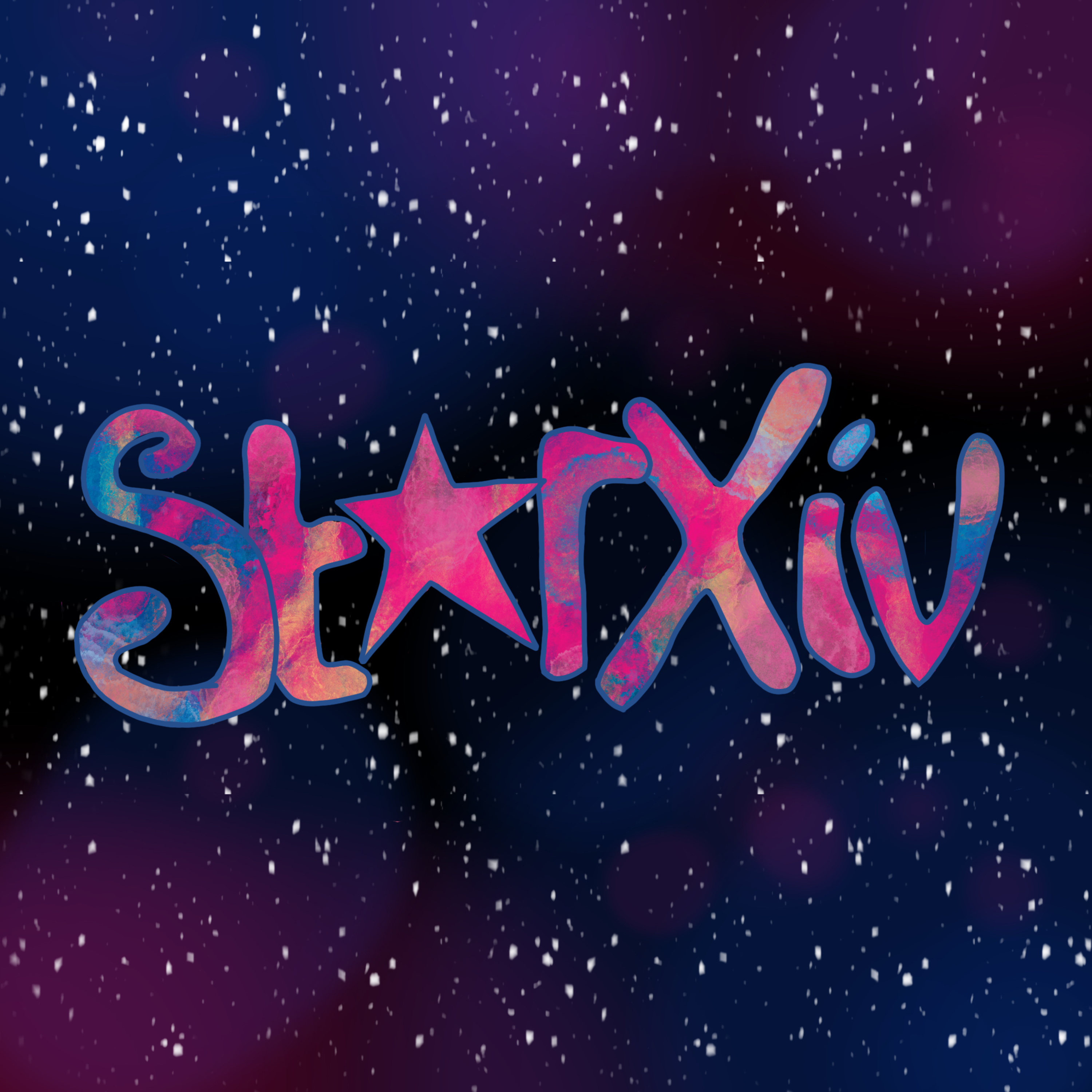
Episode 2 - October
This month, Payel and Michelle sit down to discuss a range of exciting new results, including a disappearing star, news moons of Uranus, star formation in extremely metal poor galaxies and unusual yo…
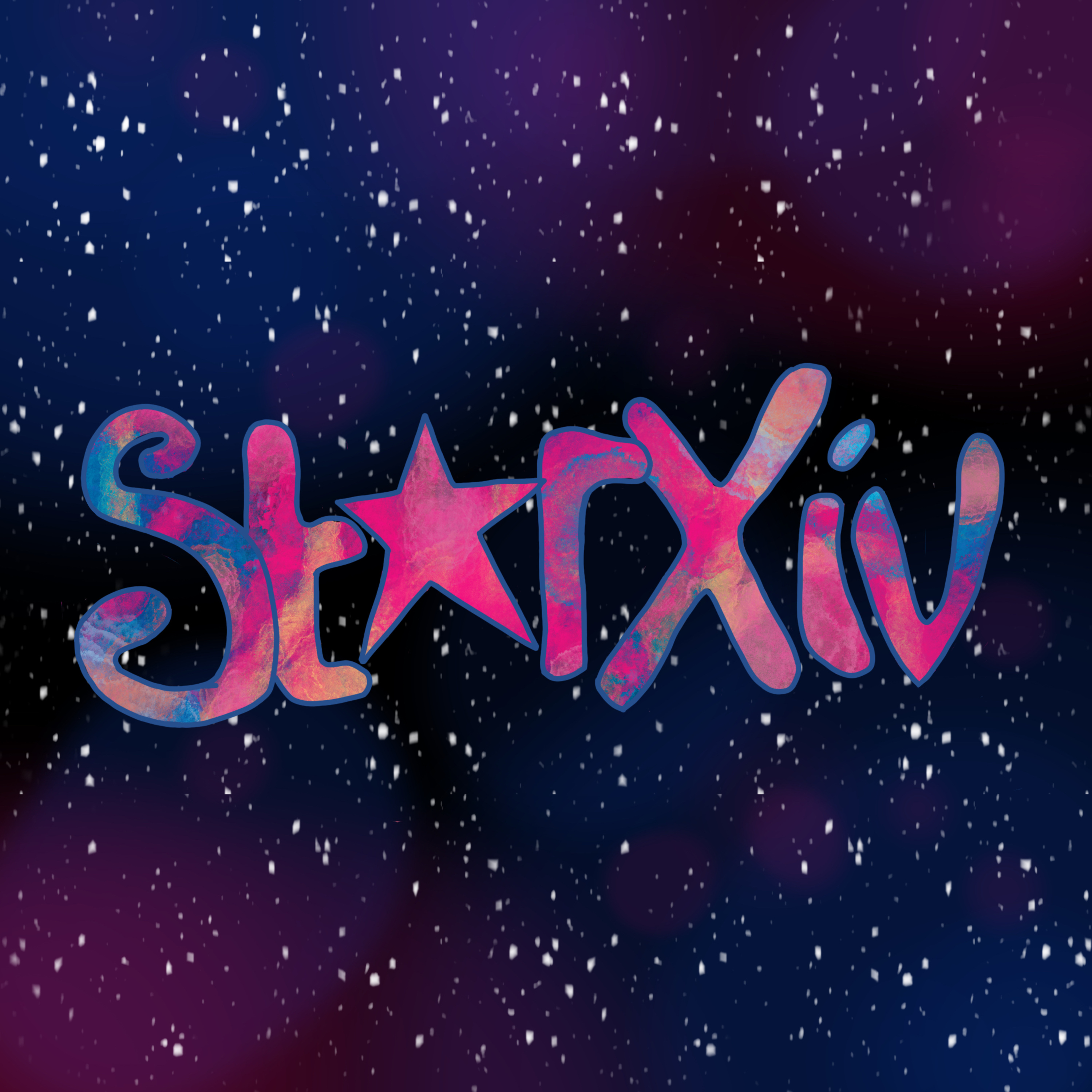
Episode 1 - September
In our first podcast, we sit down to discuss a few papers from September, including a trio of new galaxies, the initial mass function, the building blocks of the Milky Way and are we alone in the Uni…